The Thought of the Evangelical Leaders
Notes of the Discussions between John Newton and his friends in the Eclectic Society, London, 1798–1814
500 in stock
| Weight | 2.1 lbs |
|---|---|
| Dimensions | 8.8 × 5.6 × 1.9 in |
| ISBN | 9781800403864 |
| Binding | Cloth-bound |
| Topic | Church Leadership, Preaching & Teaching, Pastoral Theology/Pastoral Helps |
| Original Pub Date | 1856 |
| Banner Pub Date | Aug 1, 1978 |
| Page Count | 720 |
| Format | Book |
Book Description
‘This is a book every gospel minister should have and return to often. I cannot imagine anyone being disappointed by it. It is impossible to read it without being instructed and stimulated by its contents, not to mention delighted by the personalities who appear in its pages.’ — Sinclair B. Ferguson, from the Introduction
‘There is nothing more enjoyable for me than to find a number of preachers, with able minds, meeting together to discuss various views in order to arrive at a common opinion. This is just what is provided in these pages. Among other things this volume brings out how different problems may be faced, and to ministers, in particular, it should be extremely helpful. I greatly enjoyed it.’ — D. M. Lloyd-Jones, on the Banner of Truth re-issue in 1978
Book Description
The Eclectic Society was formed in 1783 by John Newton, Richard Cecil, Henry Foster and Eli Bates, and held its first meeting at the Castle and Falcon Inn, Aldersgate Street in the old City of London. Its aim was to provide fellowship for ministers of the gospel, and to encourage biblical and experimental Christianity.
The Society increased in size, and meetings were held fortnightly in the vestry of Cecil’s church, St John’s, Bedford Row, and included several laymen and Nonconformist ministers. Besides the illustrious founders, such influential evangelicals as Thomas Scott, author of the famous Bible commentary, and Charles Simeon of Cambridge were also members.
The questions proposed and discussed by the Society covered a wide range of themes, including biblical exegesis and application, ministerial duties, events of national significance, and general matters of theological and ecclesiastical importance linked with the cause of the gospel. Nor were the meetings simply ‘talk-shops’. From them came the Church Missionary Society, the Christian Observer magazine, and the untold intangible benefits to the congregations whose pastors enjoyed the sharpening of their minds and the quickening of their spirits at the Society.
The Trust originally republished these Notes in 1978, not because of their antiquarian interest, but their rare spiritual value. Almost fifty years later, they still suggest questions to which every thinking Christian should give attention; they indicate the lines along which biblical answers will proceed. Ministers will find themselves drawn into the fellowship of the minds of these spiritual masters and receive stimulus for preaching and pastoral counselling. There is help here to strengthen grace in every believer.
The notes in this volume cover the period 1798–1814 when Josiah Pratt was a member of the Society and served as secretary. Edited by his son John H. Pratt, they were first published in 1865.
This edition includes an Introduction by Dr. Sinclair B. Ferguson, who has served congregations in his native Scotland and the USA, and continues to serve as Chancellor’s Professor of Reformed Theology at Reformed Theological Seminary, and as a Teaching Fellow for Ligonier Ministries.
Table of Contents Expand ↓
| Introduction by Sinclair B. Ferguson | vii | |
| Preface | xix | |
| The Eclectic Society and Its Members | 1 | |
| Table of the Questions and Discussions | 5 | |
| Notes of the Questions and Discussions | 21 | |
| List of Members and Periods of Attendance | 709 | |
| Index | 713 |
More items to consider:

Description
Notes of the Discussions between John Newton and his friends in the Eclectic Society, London, 1798–1814. 720pp.
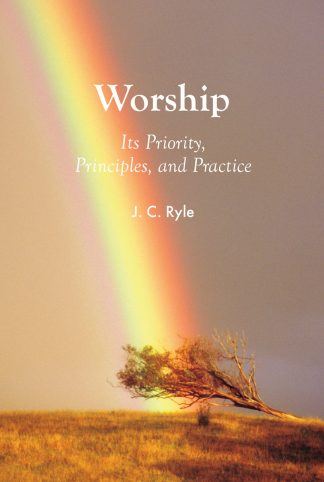
Description
Notes of the Discussions between John Newton and his friends in the Eclectic Society, London, 1798–1814. 720pp.

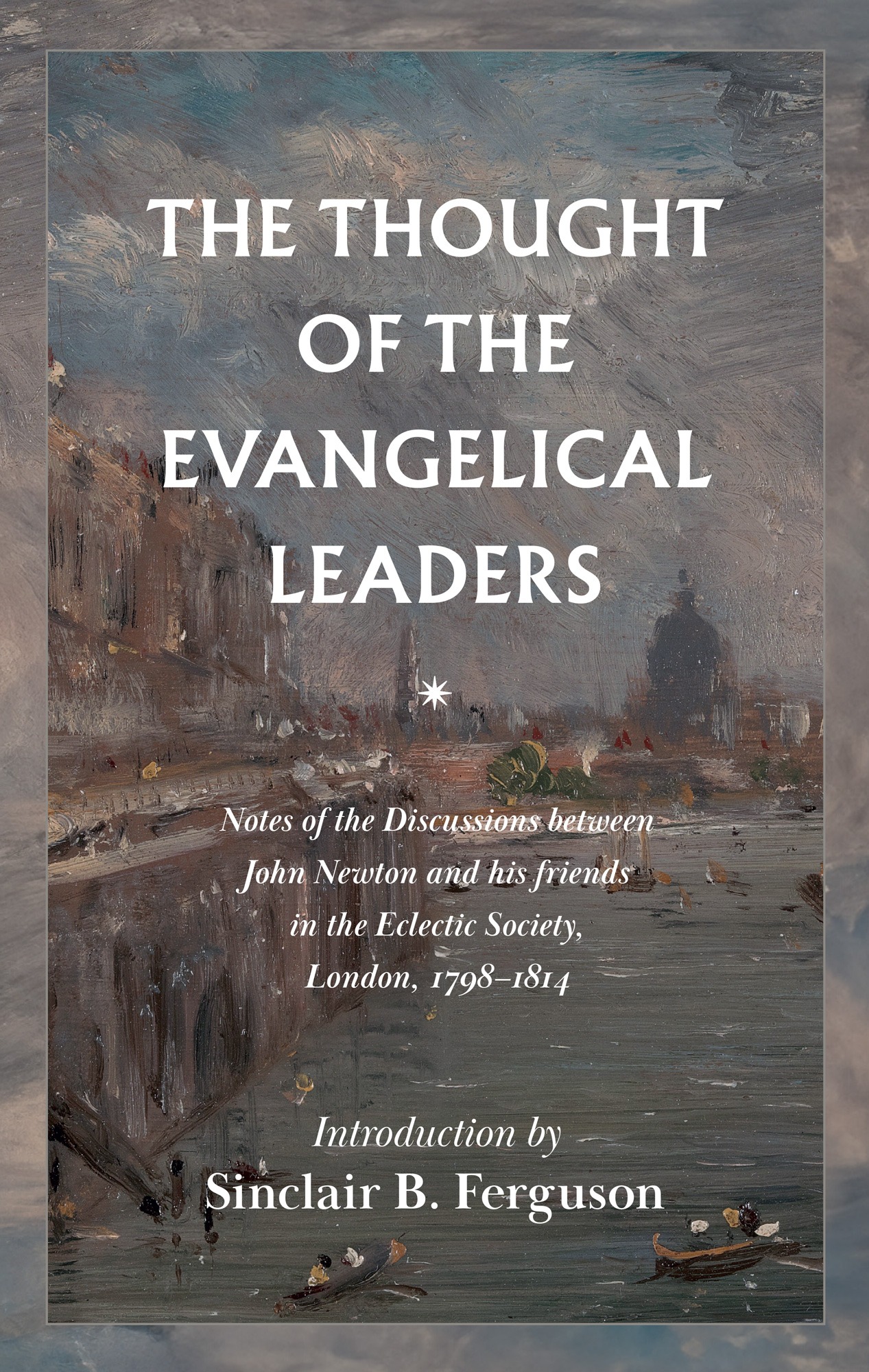
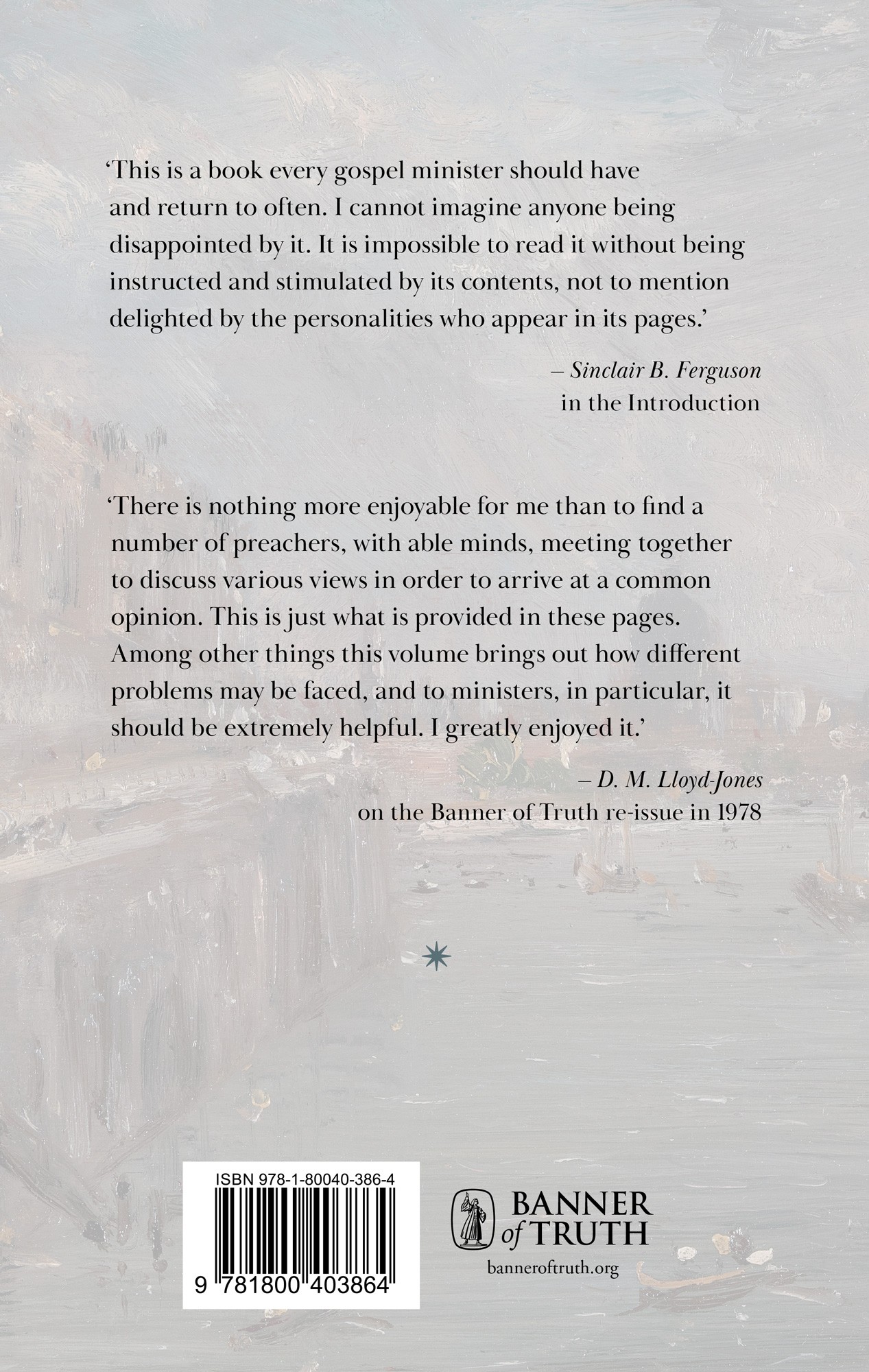
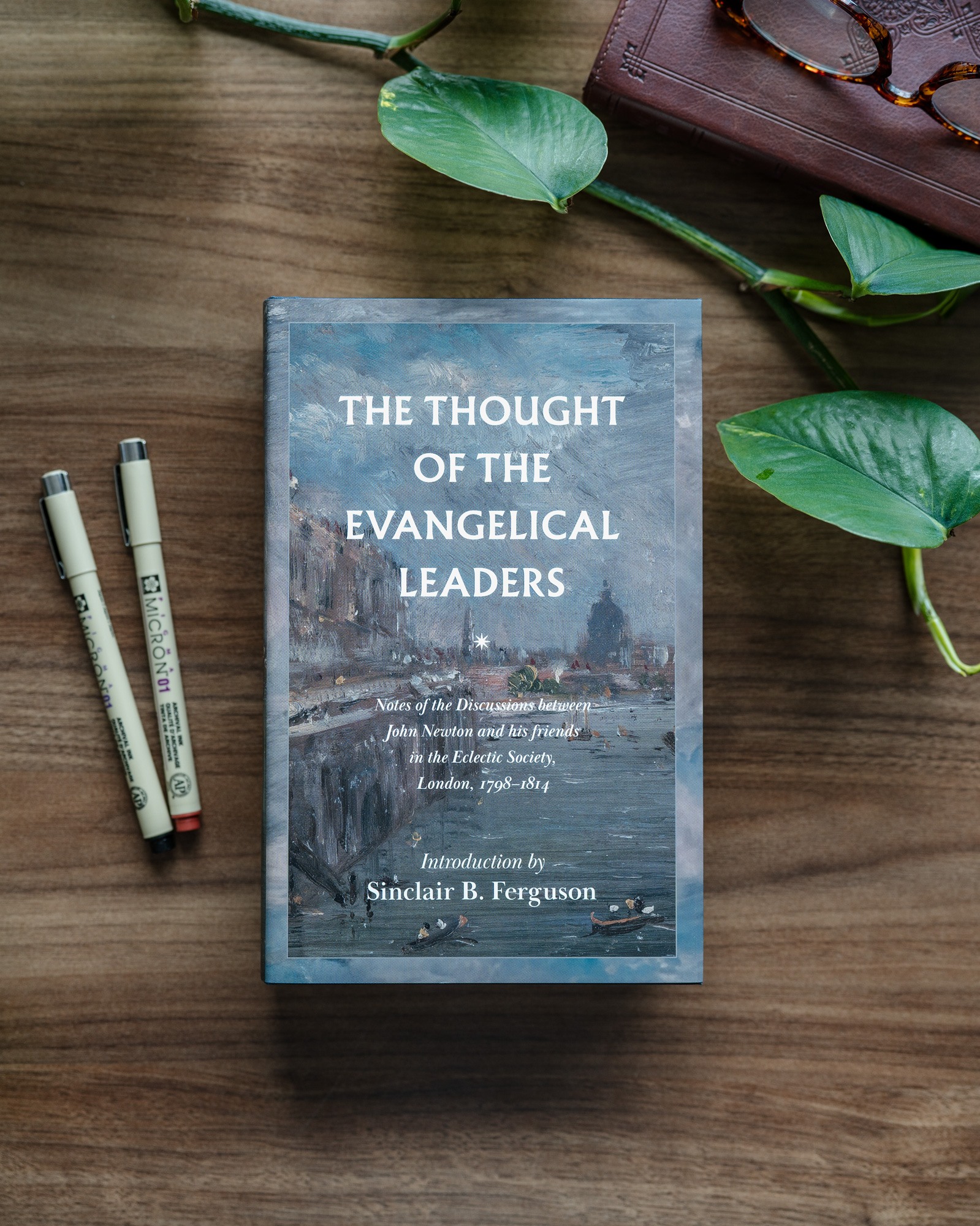
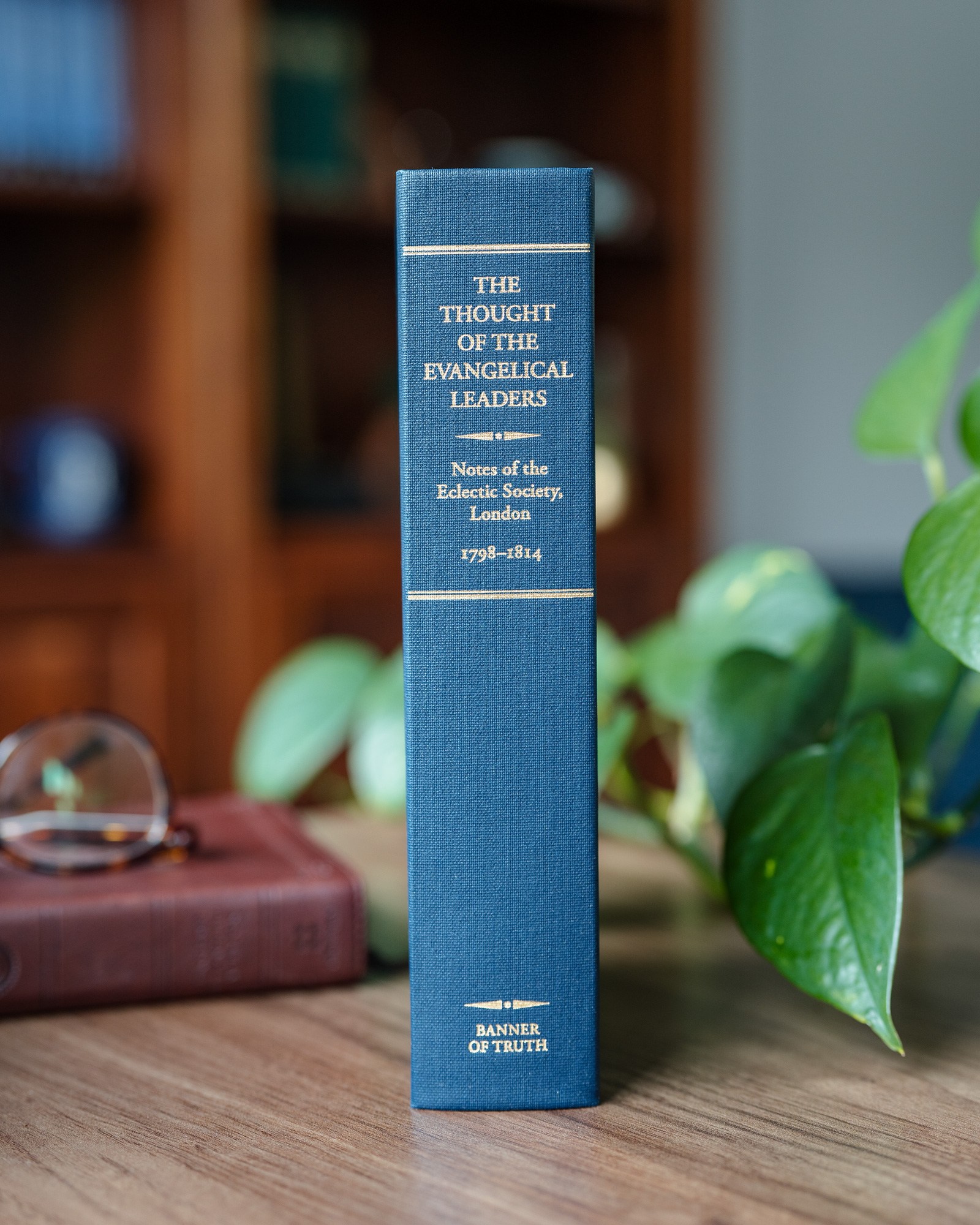




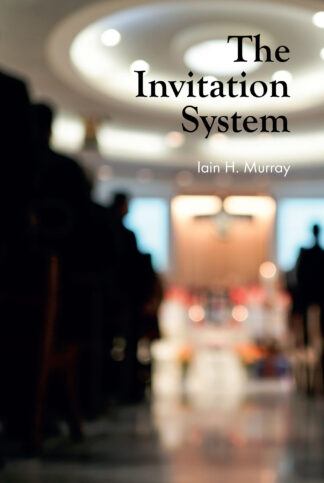
Testimonials
Submit your testimonial
There are no testimonials yet, would you like to submit yours?